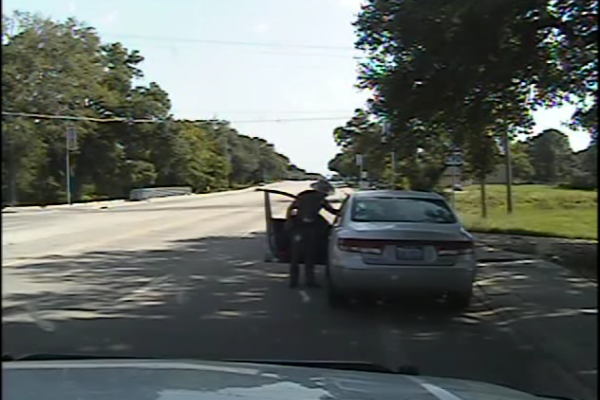Jul 28, 2015
Once again we find white people blaming a black victim of violence. She’s to blame because she was “irritated.” She’s to blame because she refused to put out her cigarette. She’s to blame because she’s black.
A white response that blames Sandra Bland is a racist response. White people can get away with being irritated at police. We don’t have to be kind to officers. We can express our anger and not fear arrest.
A black person though? If a black person shows any anger, they will likely be arrested or possibly killed. And it will be construed as their fault.
Read the Full Article

Already a subscriber? Login
